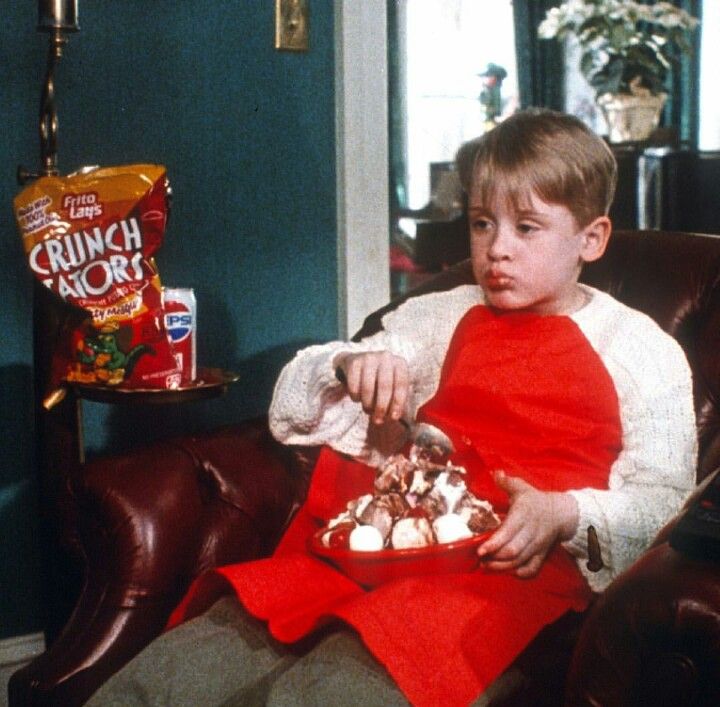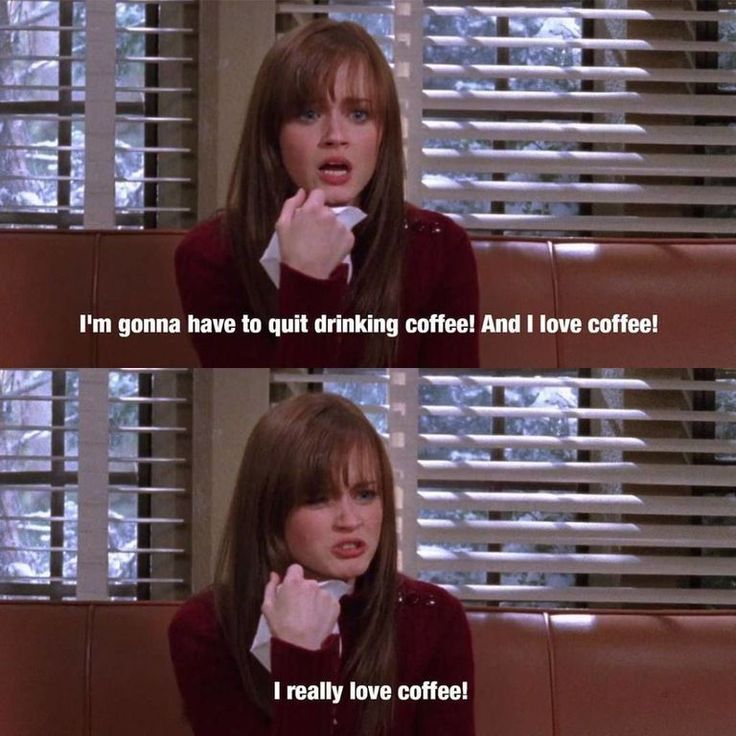As the festive season approaches, you might find yourself reaching for the remote to play your favourite Christmas movie. From cult favourites like Home Alone, to heart-warming flicks like The Holiday or Love Actually, these films have become a staple of our festive traditions. But what is it about these stories that captivates us year after year? After all, we’ve seen them more than once, shouldn’t that be enough to satisfy? We spoke to psychologist Dr. Maria-Elena Lukeides from The Wellness Fountain to find out the psychological factors behind our enduring love for Christmas movies.
A Good Dose of Nostalgia
Nostalgia can play a significant role in our obsession with watching Christmas movies over and over. For many of us, these films can evoke fond memories of childhood or family traditions. And while things might not still be the same as childhood, these movies can help our brains to recapture that magic of the festive season. The emotional connection can trigger feelings of happiness, making us more likely to seek out these films as a source of comfort. The Christmas songs, the twinkling lights, and even the sometimes-corny narratives can transport us back to simpler times.
Keeping Up with Traditions
For many people, tradition is a very important aspect of the festive season – that is, wanting to repeat those yearly patterns (including watching your favourite Christmas movie). They can become a cherished ritual, helping to foster a sense of belonging and connection with loved ones across generations. For example, every year you and your family might gather on Christmas Eve to watch Home Alone, a tradition that started you were little. Now, as an adult, you might still look forward to this tradition, even though you know every line from the film, and you know how it ends! Engaging in shared activities like movie traditions can strengthen family bonds and create lasting memories.
As to why we tend to favour things that are familiar to us? Well, the psychological concept known as the ‘mere exposure effect’ can provide an explanation. The more we watch certain Christmas movies, the more we come to appreciate them. This phenomenon not only applies to our emotional responses but also influences our preferences; we are more likely to choose familiar films over new ones during the festive season because they evoke positive emotions tied to past experiences.
A Form of Escapism
Year after year, the festive season can feel overwhelming – so much to do, people to see and so little time! Thankfully, Christmas movies can offer a welcomed escape from this. While these films might present an idealised version of life (one where conflicts are always resolved, love triumphs, and everyone comes together in harmony) they bring a sense of comfort and provide a form of temporary escape from everyday stressors. This escapism allows viewers to momentarily forget their worries and indulge in a fantasy where happiness is always attainable.
The Ultimate Mood Booster
Watching Christmas movies can also serve as a form of emotional regulation – think of them as the ultimate mood booster! Research shows that engaging with uplifting media can enhance our mood and promote feelings of happiness. That’s because the comedic elements, feel-good narratives, and festive spirit found in many Christmas films can trigger the release of dopamine (aka the ‘feel-good’ neurotransmitter) in our brains. This biochemical reaction not only elevates our mood but also reinforces our desire to revisit these films year after year.
Connection through Storytelling
Christmas movies often revolve around universal themes such as love, forgiveness, generosity, and the importance of family. These relatable narratives resonate with viewers, fostering a sense of connection through shared human experiences. Take the beloved film Love Actually, where multiple storylines weave together themes of love in its many forms. Consider Daniel (Liam Neeson’s character), a grieving widower helping his young son navigate first love, or Jamie (Colin Firth) finding romance despite language barriers – these narratives speak to universal experiences of connection, vulnerability, and hope. These aren’t just entertainment; they’re emotional roadmaps that reflect complex human experiences many viewers have encountered.
Feeling festive? Read more of our Christmas articles below.






